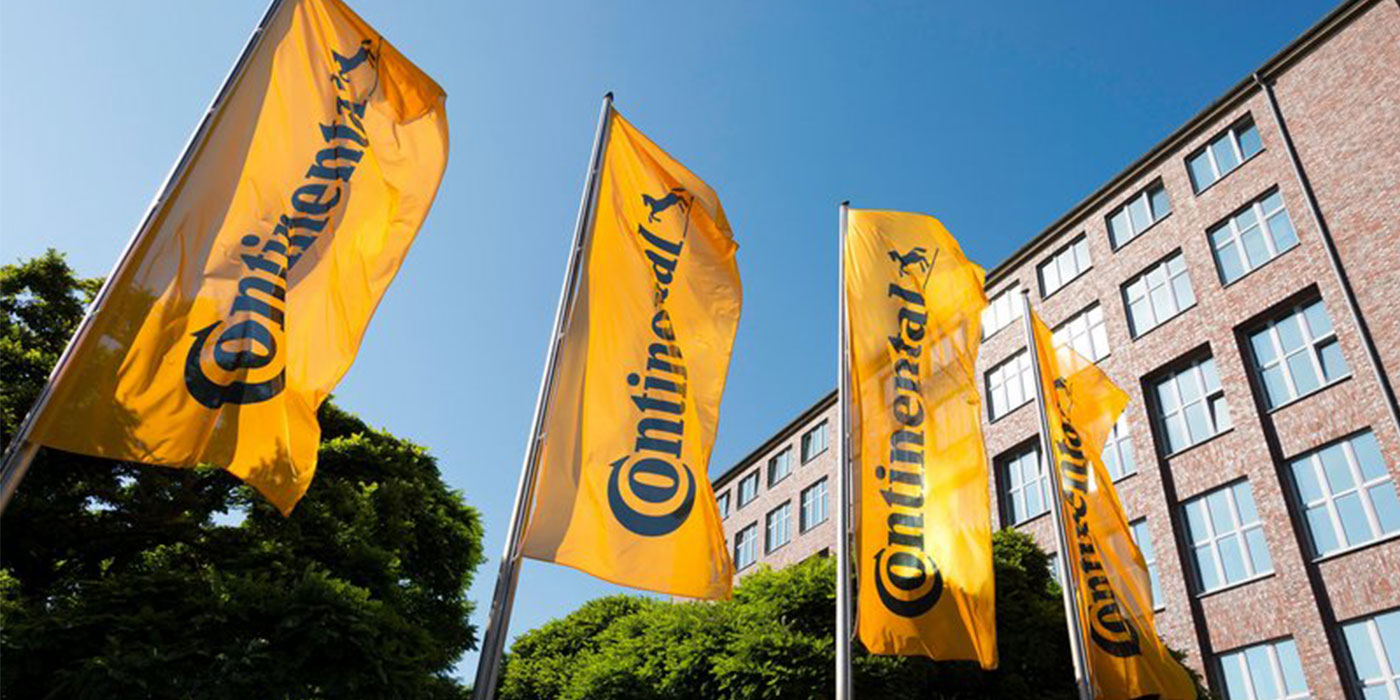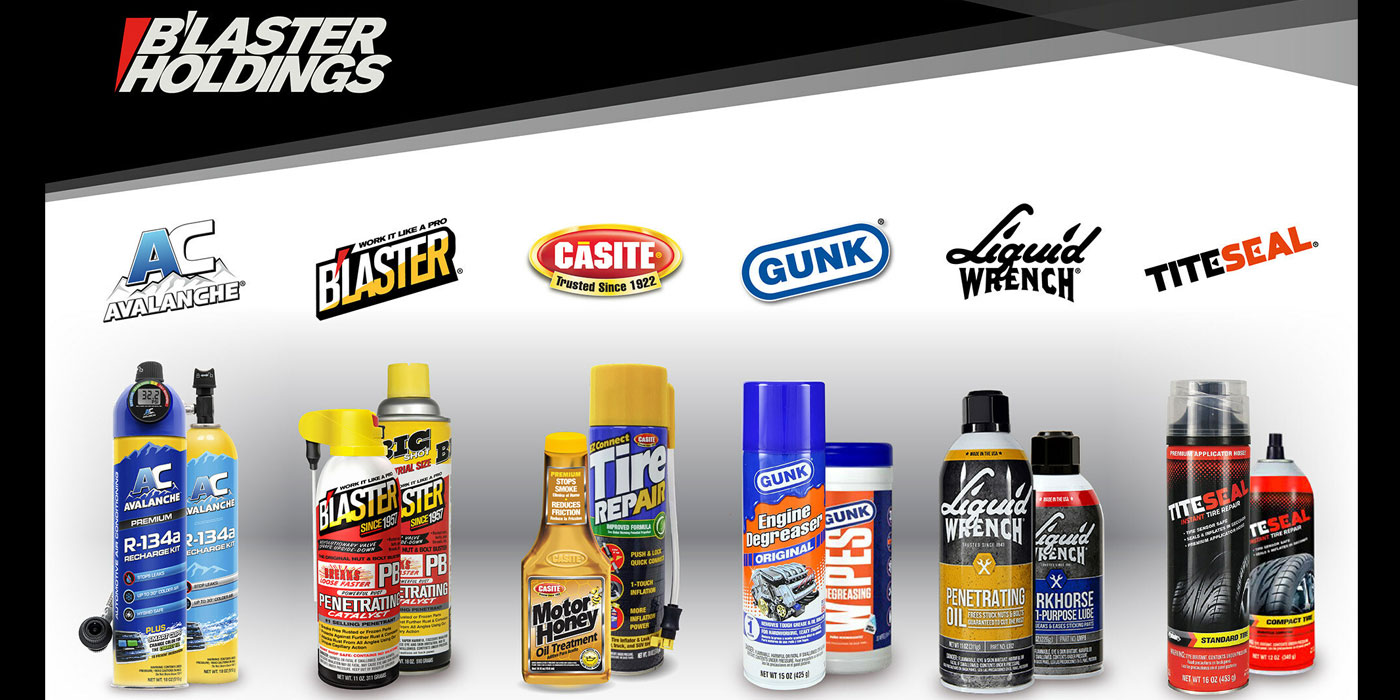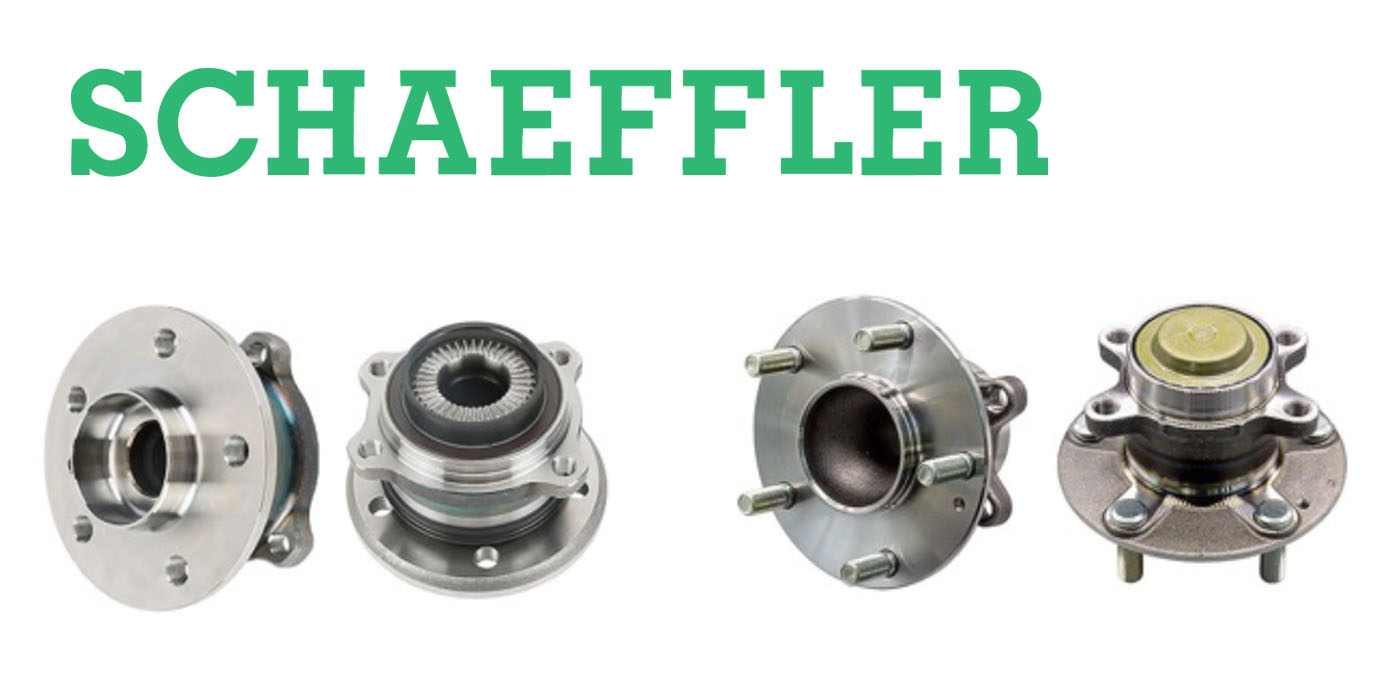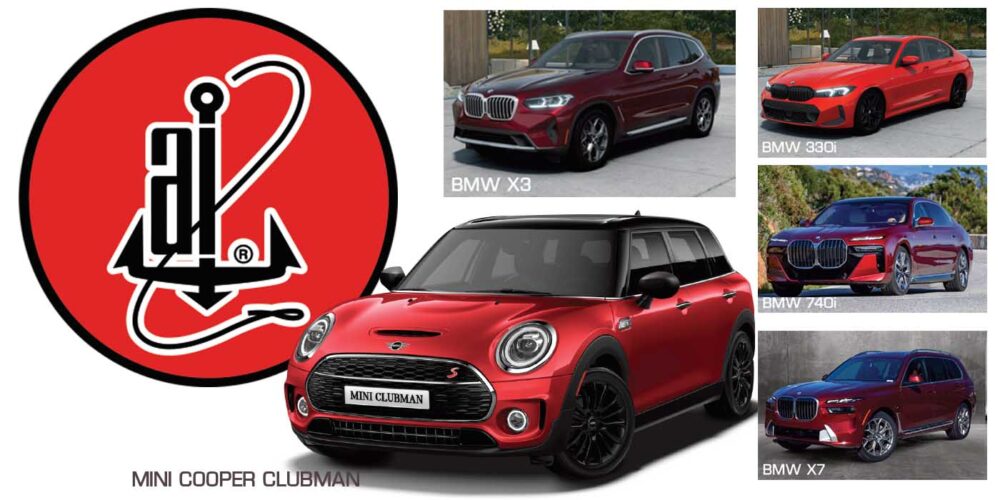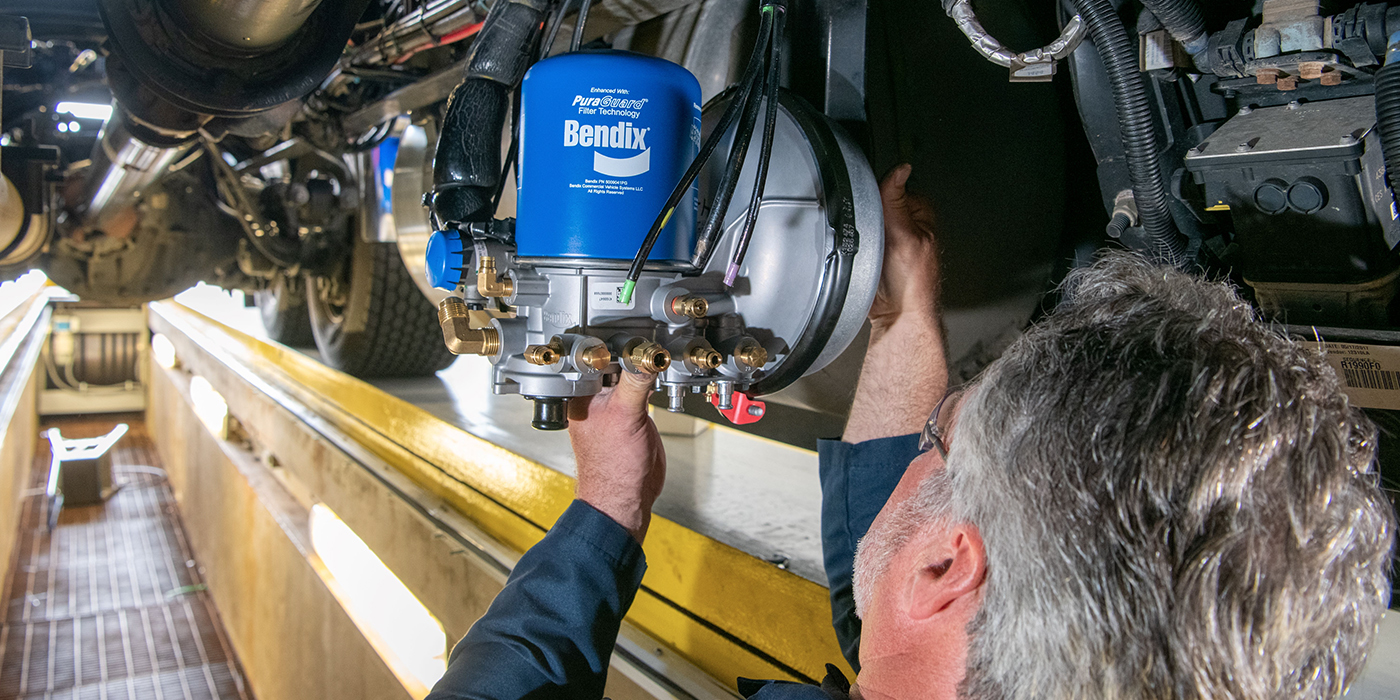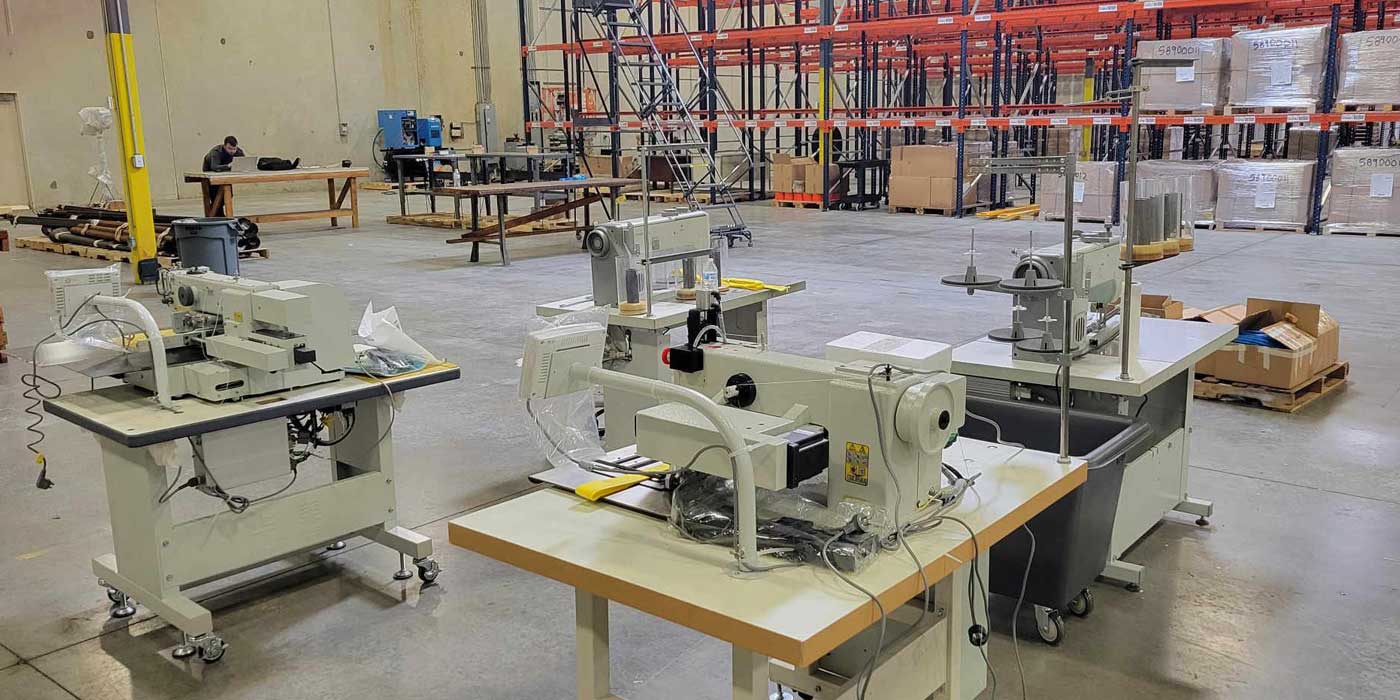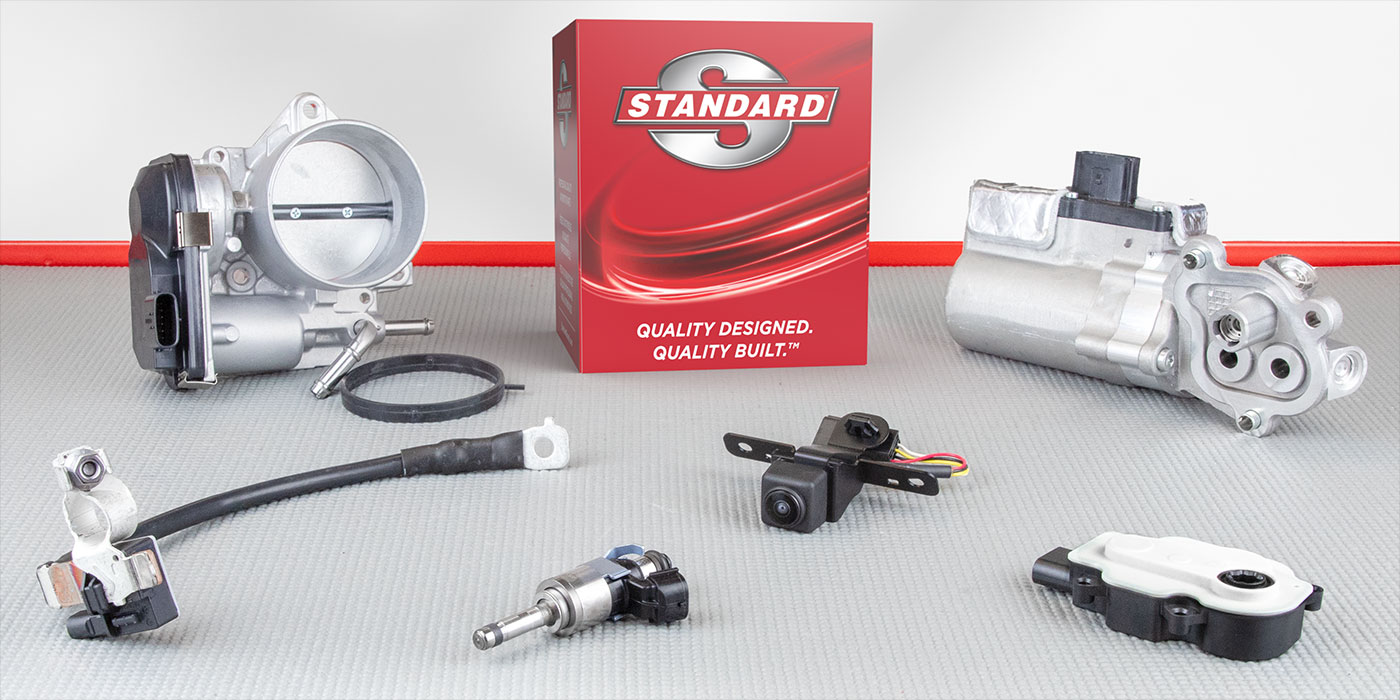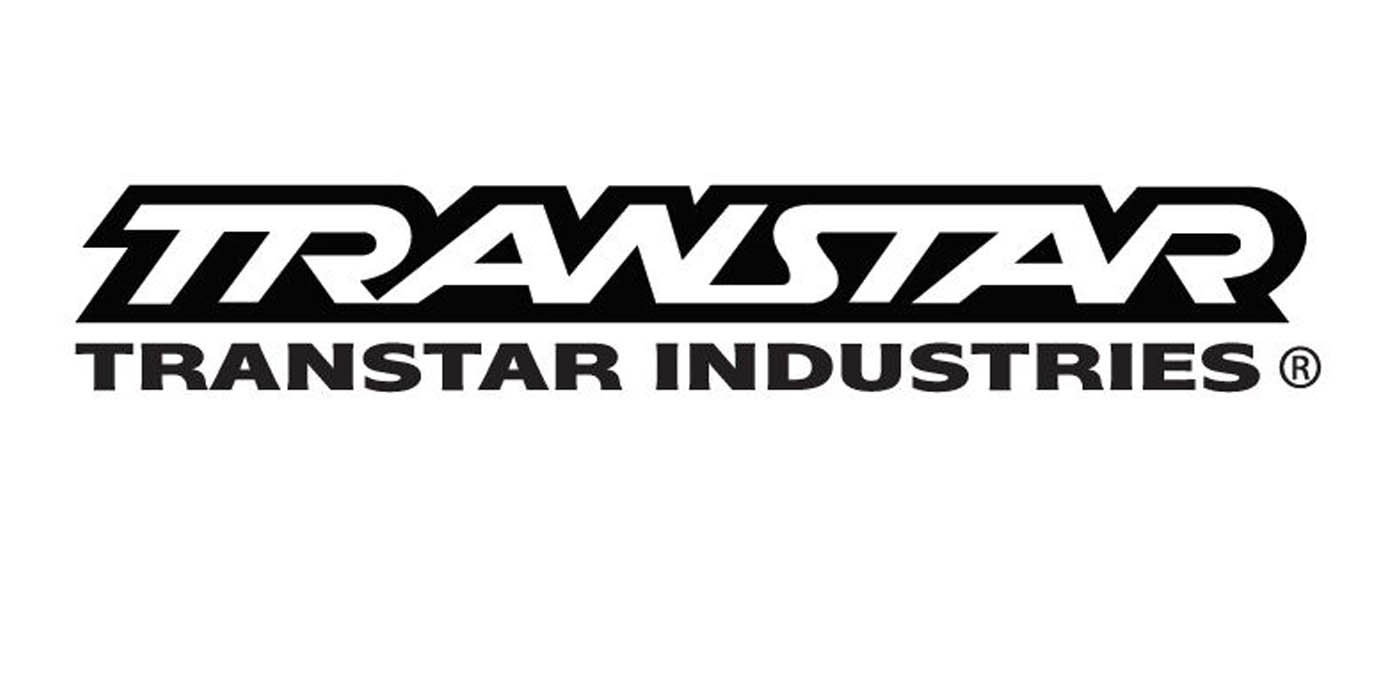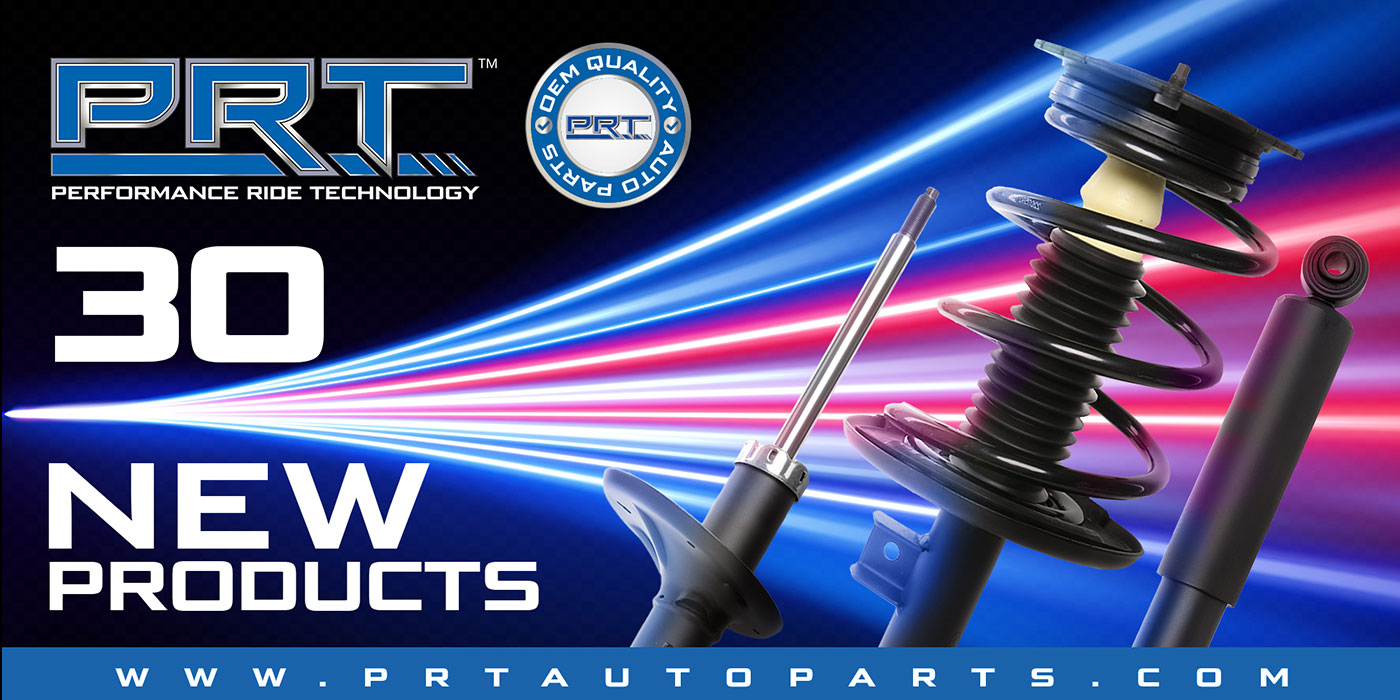From Milwaukee Journal Sentinel
DETROIT — Up to half of the U.S. metal stamping plants that supply parts for the automobile industry could be out of business in six years, an industry attorney and trade group warned Thursday.
“I think we are going to see some bankruptcies and quite a number of sales,” said Craig Fitzgerald, a Southfield, Mich., attorney whose clients include automotive parts suppliers.
Wisconsin, for example, has more than 2,000 businesses that fabricate metal, according to the state Department of Workforce Development. It’s the largest segment of the state’s manufacturing industry, employing more than 68,000 workers at average pay last year exceeding $39,000.
The plants, like dairy farms, have been a quiet but formidable force in the state’s economy. But, like old dairy farms, some of the plants are too small to remain competitive, according to the Precision Metalforming Association, a Cleveland, Wis.-based trade group.
Some metal stamping plants are disappearing as their owners reach retirement age, said Bill Gaskin, association president.
“At least farmers can sell their land to fund their retirement,” Gaskin said. Some metal shop owners have to keep working past retirement age because no one wants to buy their businesses.”
Lately, rising steel prices have sped the demise of metal fabrication shops that are already operating on thin profit margins. As steel prices have more than doubled this year, the shops haven’t been able to pass enough of the increases on to their customers.
“It’s a collision course for disaster,” said Marc Newman, a Rochester, Mich., attorney whose clients include automotive parts suppliers. Automakers are demanding price reductions for everything they buy, but their suppliers can’t get relief from higher expenses.
Rising steel prices have already forced some companies into bankruptcy. The urgency of the steel crisis can’t be overstated, according to the Precision Metalforming Association.
In 2003, 32 percent of the association’s 1,300 member companies lost money. It could be worse this year as companies face even thinner profit margins and struggle to keep their contracts out of the hands of foreign competitors.
“There is less profit to go around,” Newman said. “What do you do in a situation when it costs a parts supplier more to make something than they can sell it for? That situation is called ‘shipping money out the door.”
The Big Three automakers haven’t been very understanding when it comes to adjusting contracts to include higher steel prices, according to the suppliers.
“It’s almost impossible to amend contracts,” said Chuck Norris, president and CEO of Mechanical Industries Inc., a Milwaukee custom metal products supplier.
“I have contracts that, over the next three years, I am required to give price reductions. Meanwhile, my costs are going up,” Norris said.
Companies might get some relief from record-high steel prices if the global demand for metal products cools off a bit, or if steel production catches up with the demand.
But the price of steel, like the price of oil, isn’t going to drop dramatically, said Bill Hickey, president of Lapham-Hickey Steel Corp. in Chicago.
“The world of steel has changed,” he said. “And that world has changed because there’s a substantially different supply-and-demand balance,” partly driven by demand from China and other developing nations.
There are other factors keeping steel prices high, too, including reduced competition in the steel mill industry and higher costs associated with making the material.
The price of scrap metal, a key ingredient used in making steel, has hit record highs this year. The prices of iron, coal and energy also have added to higher steel prices, Hickey said.
Some parts suppliers are asking their big industrial customers to buy steel for them. That way, they get better prices based on large volumes of the material.
Ultimately, consumers should bear the burden for higher steel prices, according to Fitzgerald.
“If steel prices have shot way up, which they have, we ought to expect to pay more for the next new car we buy,” he said.
Mechanical Industries Inc. has shied away from long-term customer contracts so it doesn’t get caught in the trap of selling parts for less than it costs to make them.
Heiden Inc., a Manitowoc, Wis., metal fabrication shop, has made a point of not doing business with automakers and appliance companies because of the high costs and thin profits.
“That game is more than we want to play,” said Ernie Baumann, company COO. “A small fabricator like us is a flea on an elephant’s back.”
Earlier this year, some companies that bought steel products accepted price increases, said Tom Bella, vice president of operations for Custom Fab & Finishing, a Waupaca, Wis., firm that specializes in steel products used in buildings.
“Now we have reached a point where customers are saying ‘no more,’ ” Bella said. “The market will only bear so much, and we are at that point.”
Out of desperation, some companies are suing their customers for price increases. That was almost unheard of in the past, Newman said.
Companies that win price increases can face harsh consequences the next time a contract comes up for bid, according to Newman.
“There’s probably going to be some hard feelings,” he said. “A customer may decide to take his business elsewhere because he doesn’t want to deal with someone perceived to be a bad apple. But, if there’s one saving grace, everybody tends to be in the same boat now. That’s the great equalizer.”
Copyright 2004 Milwaukee Journal Sentinel. Distributed by Knight Ridder/Tribune Business News. All Rights Reserved.
_______________________________________
Click here to view the rest of today’s headlines.


